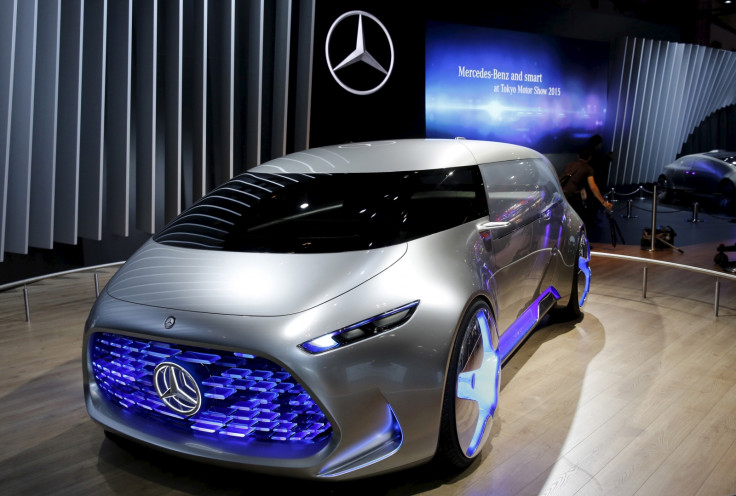Mercedes Bosch deal will see driverless taxis launch in early 2020s
Deal will see the carmaker and engineering company develop 'robotaxis' for city-centre travel.

Mercedes parent company Daimler and engineering company Bosch have entered into a partnership to produce fully autonomous vehicles available for the public to use by the start of the next decade.
Announced on 4 April, the deal will see the two German companies work together on both fully autonomous cars and entirely driverless vehicles to public roads. The latter, a joint statement by the two firms said, will act as a robotic taxi, hailed by customers through their smartphone.
The deal brings together the world's largest luxury carmaker and the world's largest automotive component supplier. Bosch was formed in 1886, the same year Daimler founder Karl Benz applied to patent the first ever car, the Benz Patent-Motorwagen. Financial details behind the partnership were not disclosed.
A joint statement explained how the two companies hope to improve city congestion and road safety with self-driving vehicle. "By introducing fully automated and driverless driving to the urban environment, Bosch and Daimler aim to improve the flow of traffic in cities, enhance safety on the road and provide an important building block for the way traffic will work in the future."
This technology will, the companies say, "boost the attraction of car sharing" and "allow people to make the best possible use of their time in the vehicles and open up new mobility opportunities for people with a driver's license".
Offering convenient, autonomous and affordable mobility to the disabled, young, elderly or just those without a license is a key component of why most carmakers and invested technology companies believe self-driving vehicles present an enormous business opportunity.
A market poised for explosive growth
In 2016, Goldman Sachs claimed the market for advanced driver assistance systems (automatic emergency braking, for example) and autonomous vehicles would grow from a $3bn (£2.4bn) industry in 2015, to $96bn in 2025 and $290bn in 2035. Such massive potential growth means carmakers and technology companies the world over are scrambling to develop self-driving systems and figure out how to make money from them – while ensuring safety remains the top priority.
Daimler and Bosch say the primary goal of their partnership is to create a "production-ready driving system which will allow cars to drive fully autonomously in the city... the vehicle should come to the driver rather than the other way round. Within a specified area of town, customers will be able to order an automated shared car via their smartphone. The vehicle will then make its way autonomously to the user and the inward journey can commence."
Ride-sharing company Uber is (for better or for worse) already trialling such a service in the US, using a fleet of modified Volvo XC90 cars piloted by two engineers who are ready to take over if the car does anything wrong or becomes confused. Separately, Tesla says every car leaving its factory is equipped with hardware capable of driving the car fully autonomously – but for now the hardware is waiting for software and legislation to catch up.
Tesla boss Elon Musk has said he sees a future where Teslas will act as autonomous taxis, earning the owner money while they are at work, asleep or on holiday. Despite this early confidence, it is Ford who was recently ranked as the leader of the self-driving car industry.
© Copyright IBTimes 2024. All rights reserved.






